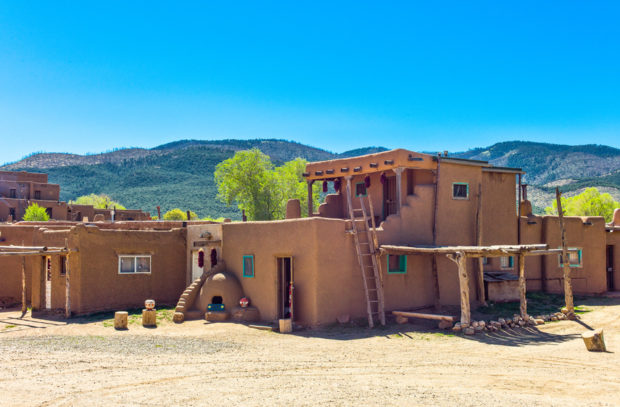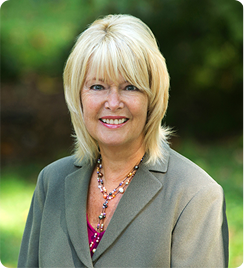
No matter where you are on your Career Life Line, ten years ago it looked different and it may change in the next ten years. Your parents and grandparents probably worked many years at one place. But just as factory and farm jobs have dwindled, 20-30 year long careers are often a thing of the past. Career reinvention has become the norm as we work into our 60’s, 70’s and 80’s.
To see how far you’ve come, draw a line across a piece of paper to create a Career Timeline. Start noting work in your teens and progress to today. There may be some non-employment sections where family care, education or sabbaticals were your focus. By analyzing your reactions to each period or season, you can gather information on their personal significance.
What motivates you at 50 is often different than at 25. Unless you live a single life, family influences your decisions: where to work, how intensely, what salary, amount of travel and responsibility. The risks you undertake depend on your responsibilities. If you have only yourself to care for, you may take more chances: go overseas, live simply, change jobs frequently, start a business.
But often in the middle of your life, you have commitments that color your decision making. Maybe it’s children, aging parents, a partner, mortgage or other debts. These are practical obstacles. Unlike obstacles, your motivators call you to follow your passions, grow in expertise, make a difference, become a leader or accumulate a fortune.
When Mark graduated college he felt an urge to see the world. His interest in becoming a financial analyst was intriguing, but the call to leave the U.S. was greater. Combining both was a possibility that Mark investigated. He was able to secure an opportunity in India with an international company. Because he had no ties in the form of partner, children, mortgage or aging parents, Mark told himself this was his window of opportunity. He could follow the risky path. He took the job and tested out life overseas and India in particular.
When have you taken a fairly risky career jump? I took my first one at 19 by teaching English in Colombia. After a semester abroad, I had 8 months free from college and sought out more experiences. This proved invaluable to me personally and professionally. While I never was a full time educator after that, I have always incorporated teaching into my life work.
“Most things worth doing come with their fair share of risks”
Kirsten Beyer
As Mark aged, his priorities changed. After 5 years he transferred with his company back to the U.S. He had traveled greatly which was invigorating, but he missed his family and friends and wanted to experience life in the U.S. again. The good news was that he had gained expertise and advanced in his company. A low risk change. Over the years, Mark married, raised a family and bought a house. His need for stability grew.
Frequently at midlife the reasons you work are complicated. You may be responsible for others and have serious financial obligations. Your freedom to take large risks is compromised. Much weighs on your decisions. This restriction may feel like a burden that you’d like to throw off. Some people do this through divorce, job termination or drastic moves. Sometimes that works and sometimes not.
What are your options during this responsible period? And what lies after it? Although it may not feel like it now, life gets more simple as you age. If you are fortunate, you launch your children, are financially secure and your health is good. Any of these can go wrong, which complicates the picture and changes your focus temporarily.
But let’s hope that you handle the bumps that come along and eventually end up in a calmer period of time. This is a season when you can again focus clearly on your livelihood and life style. And take a risk.
For Mark he wanted more freedom in his 60’s so he could return to travel and foreign living, so he became an international consultant. For me I wanted to work for myself and also have the flexibility to follow my interests. During 4 years I planned an exit from my main career, including financial planning, career identification and re-training. By 59 I was ready to move on and start a new business. No one was dependent on me, so the risk was mine alone. I had a mortgage, but also a nest egg and significant experience.
The seasons of your careers grow and develop. It’s up to you. You create the scenario partly through your actions and partly by how you handle unexpected life events. The best reminder is that you are the captain of your own ship. If you want change, head in that direction.
“It always seems impossible until it’s done”
Nelson Mandela
Craft your seasons:
Identify your passions
Choose an opportunity for change
Design the needed preparation
Commit on a beginning date
Step outside the box and see you on the path!















